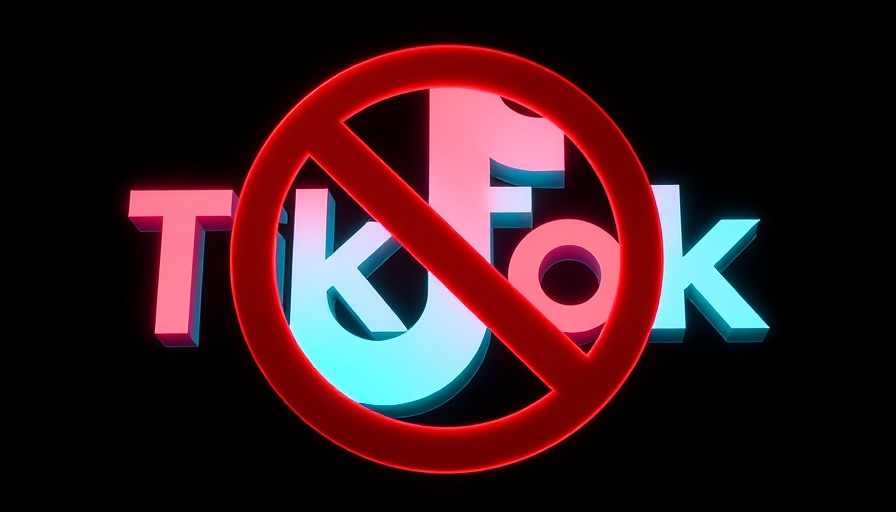
US Takes Bold Step by Banning TikTok: A Historical Comparison
In an unprecedented move, the United States has officially banned TikTok, marking the first time in internet history that a major global social media platform has been rendered inaccessible by the US government. This shift mirrors actions taken by authoritarian regimes like Russia and China, positioning the US within a new and controversial era of internet regulation. The ban was enacted following legislation requiring TikTok's Chinese parent company, ByteDance, to divest its American operations. With TikTok's services now a mere shadow of their former self, the implications are immense, not just for users, but also for tech companies and social media regulation worldwide.
Impact on Users and Businesses
The sudden disappearance of TikTok from app stores significantly disrupts a communication channel for millions of users. For businesses that relied on TikTok for marketing, this creates a scramble to pivot strategies quickly. Executives and senior managers must rethink how they engage with younger audiences and explore new platforms for outreach. Effective strategies are now more crucial than ever—those who fail to adapt may find themselves isolated from key demographics.
Negotiation and Political Dynamics at Play
The fate of TikTok now hangs in the balance as the incoming administration, led by President-elect Trump, has expressed a willingness to find a solution that could reinstate the platform. This tumultuous political backdrop plays a critical role in the future of digital communication. Decision-makers must not only consider current regulations but also prepare for potential shifts based on political tides.
The Bigger Picture: National Security vs. Freedom
While national security was cited as a pivotal reason behind the ban, the implications for the First Amendment have sparked heated debates among legal scholars and the public. Professor Evelyn Douek from Stanford Law claims that this move represents a severe encroachment on free speech rights, as the Supreme Court has backed national security concerns over individual rights. This creates a complex discussion for business leaders, who must navigate these tricky waters as they consider their digital strategies going forward.
What Lies Ahead? Future Predictions for Social Media
As social media platforms face increasing scrutiny and possible regulation, executives should prepare for a landscape that could evolve to prioritize user privacy and content moderation. The TikTok ban is likely to set a precedent, compelling other social networks to reevaluate their compliance strategies regarding data privacy. Companies must proactively engage with legal teams and governmental policies to safeguard their operations.
 Add Row
Add Row  Add
Add 




Write A Comment